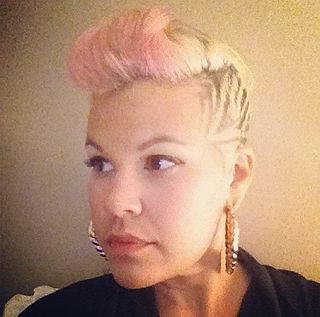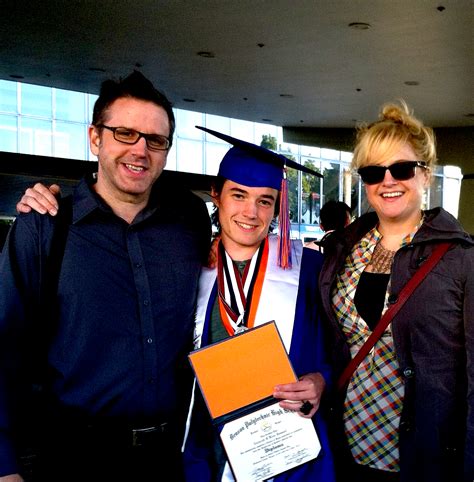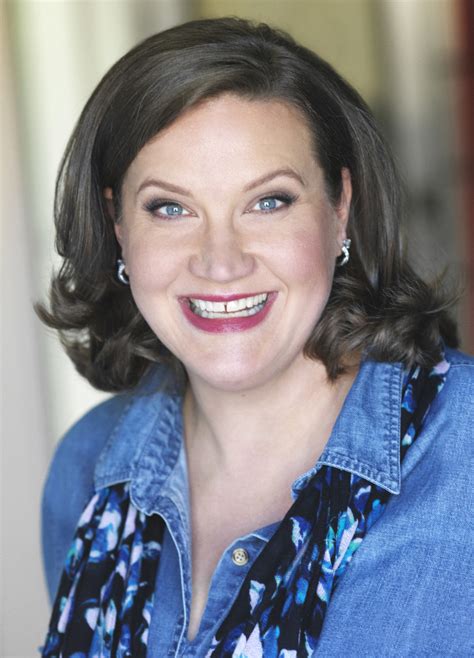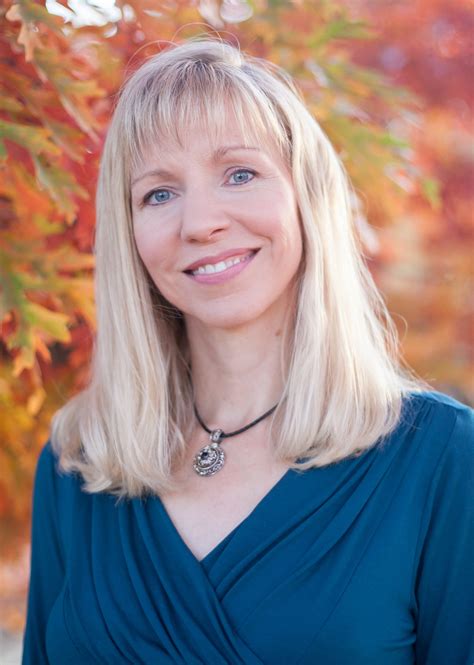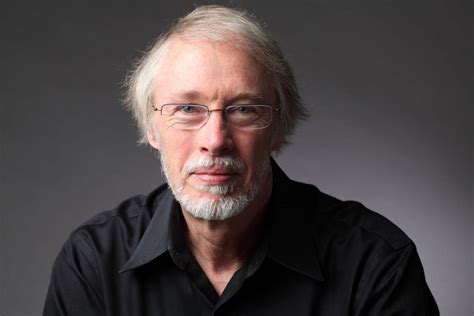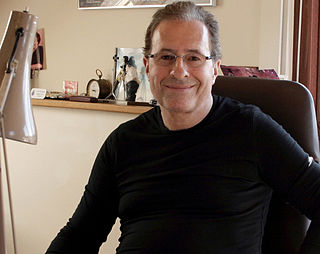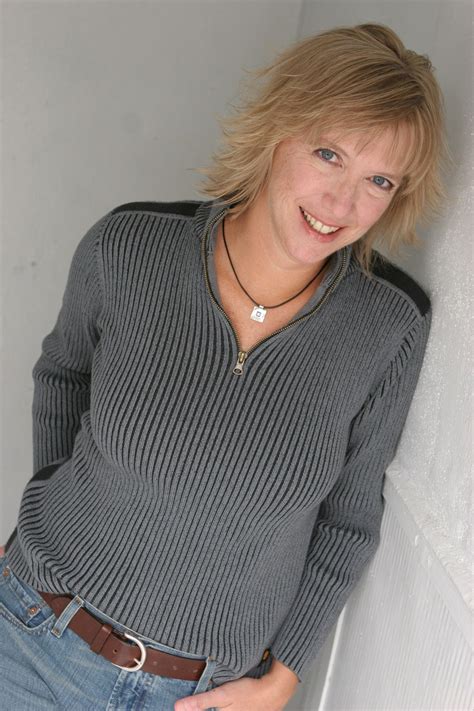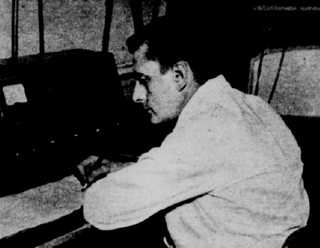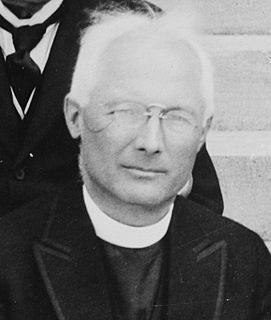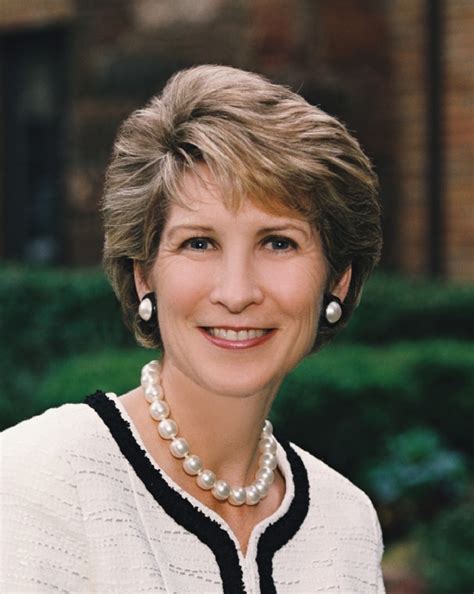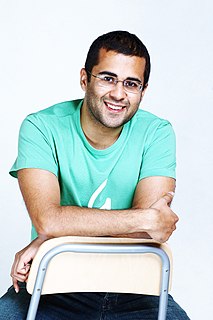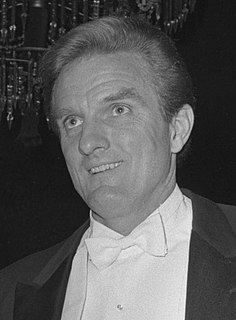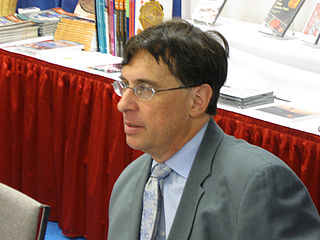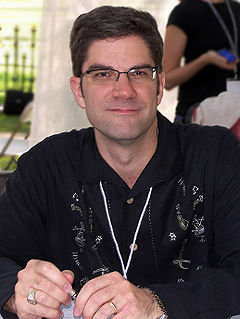Top 1200 Book Readers Quotes & Sayings - Page 2
Explore popular Book Readers quotes.
Last updated on November 20, 2024.
I think, consciously or not, what we readers do each time we open a book is to set off a search for authenticity. We want to get closer to the heart of things, and sometimes even a few good sentences contained in an otherwise unexceptional book can crystallize vague feelings, fleeting physical sensations, or, sometimes, profound epiphanies." pg. xvi
Well, we think that time "passes," flows past us, but what if it is we who move forward, from past to future, always discovering the new? It would be a little like reading a book, you see. The book is all there, all at once, between its covers. But if you want to read the story and understand it, you must begin with the first page, and go forward, always in order. So the universe would be a very great book, and we would be very small readers.
The book I am best known for, or only known for, is a novel I am prepared to repudiate: written a quarter of a century ago, a jeu d'esprit knocked off for money in three weeks, it became known as the raw material for a film which seemed to glorify sex and violence. The film made it easy for readers of the book to misunderstand what it was about, and the misunderstanding will pursue me till I die. I should not have written the book because of this danger of misinterpretation.
We were never organized readers who would see a book through to its end in any sory of logical order. We weave in and out of words like tourists on a hop-on, hop-off bus tour. Put a book down in the kitchen to go to the bathroom and you might return to find it gone, replaced by another of equal interest. We are indiscriminate.
I love the fact that so many of my readers are intelligent, exceptional, accomplished people with an open-minded love of diversity. But even more than that, I love it when my readers find lasting friendship with others of my readers - knowing that they met through their mutual affection for my books and characters makes me happy!
What readers ask nowadays in a book is that it should improve, instruct and elevate. This book wouldn't elevate a cow. I cannot conscientiously recommend it for any useful purposes whatever. All I can suggest is that when you get tired of reading "the best hundred books," you may take this for half an hour. It will be a change.
Whether the author intended a symbolic resonance to exist in her book is irrelevant. All that matters is whether it's there. Because the book does not exist for the benefit of the author, the book exists for the benefit of YOU. If we as readers can have a bigger and richer experience with the world as a result of reading a symbol and that symbol wasn't intended by the author, WE STILL WIN.
There is nothing like Integral Dreaming in the literature. This is an ambitious undertaking and its readers will gain an in-depth understanding of dreams and dreaming that they will find nowhere else. The ‘five movements’ of Integral Dream Practice will encourage many readers to follow the steps outlined, and integrate dreamwork into their own lives. This book will be an instant classic in the field.
I want my books to exist in the literary world, not only in the art world. I am interested in having a dialogue with other writers, and the readers of those writers. Someone who is reading a book of mine might not have visited my exhibitions related to it, but can still have a full, literary experience with that book. This would be a completely different experience from stepping into the show, not having read the book. One form is not illustrative of the other.
Kindle Singles is publishing on skates. It prints like lightning; our book meets readers in hours. I've spent so many years waiting for publishers to consider whether they wanted to print a book of mine, making contracts, taking months to fit it into the Fall list or the Spring list, fitting it into an advertising plan.
I myself discovered many authors through school reading lists and through school anthologies. The positives are: young readers can find the world opening up to them through books they study. The negatives may include bad experiences kids have - if they don't like the book or the teacher, or the way the book is taught.
We're in the media business today. We're in the business of helping authors and publishers market their books to readers. And that's where we make our money. We sell book launch packages to authors and publishers and really help accelerate, build that early buzz that a book needs to succeed when it launches and accelerate that growth through ads on the site.
This book reminds me of James Gleick's Chaos. The ideas and stories in Loving and Hating Mathematics are timely, interesting, and sometimes even profound. The authors, writing for nonspecialists, take pains to explain technical ideas in nontechnical language, and the book should interest general readers as well as a large mathematical audience.
My readers are surprisingly mixed. I have conservative readers - for instance, women with headscarves - but also many liberal, leftist, feminist, nihilist, environmentalist, and secularist readers. Next to those are mystics, agnostics, Kurds, Turks, Alevis, Sunnis, gays, housewives, and businesswomen.
Book readers are special people, and they will always turn to books as the ultimate pleasure. Those who do not read are the unfortunate ones. There's nothing wrong with them; but they are missing out on one of life's compensations and rewards. A great book is a friend that never lets you down. You can return to it again and again and the joy first derived from it will still be there.
It's not at all uncommon for a writer to get a ton of publicity for one book and then not get as much for the next one. I don't worry about that because I try to worry about the one single part of the job I can control: the writing of the book. If I do that well, I feel, good tidings generally will follow and readers will stick with me.
E-readers are uninspired. They're slabs of plastic with fiddly controls and display a badly-formatted, typographically impoverished rendering of a paper book. That's not the electronic book I want. I want a gorgeous physical object, with paper pages, that can transform into any story I choose, perfectly presented on the page.
Most book things now (with a few exceptions) are just built around nice, safe books written for nice and safe book club readers. These are usually the books you see on display at Barnes and Noble. These Internet writers are like literary terrorists to me. They're training as we speak. They're getting ready to invade. They're building an army.
You write differently in each book. It may appear to be similar to readers, but you're a different writer in each book because you haven't approached that subject before. And every subject brings out a different prose strain in you. Fundamentally, yes, you're contained as one writer. But you have various voices. Like a good actor.
